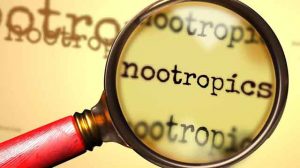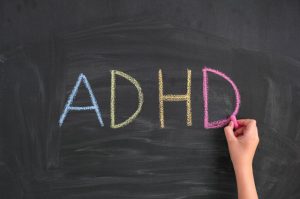Dyslexia
Dyslexia |
||||
| Ten to 15% of the US school population has dyslexia. Dyslexics have an inherited neurological difference, resulting in language, perceptual, processing, and attention/concentration differences. Yet only 5% of individuals with dyslexia are ever properly diagnosed and given appropriate help, so over 85% of adult illiterates are dyslexic. This lack of literacy limits their ability to become successful, productive adults, find jobs, or function independently within their communities. Yet, with the proper recognition and intervention, dyslexics become successful individuals using their talents and skills to enrich our society.
Dyslexia is a language disability, not a reading disability, so not only does it affect the ability to learn to read, write, and spell by conventional methods, it affects the ability to communicate in more subtle ways. Dyslexics have processing, perceptual, and attention/concentration problems. The majority of ADD individuals are also dyslexic. |
||||
Learning to read can be a problem for individuals with dyslexia or ADD.
|
||||
| Other problems caused by dyslexia/ADD:
|






